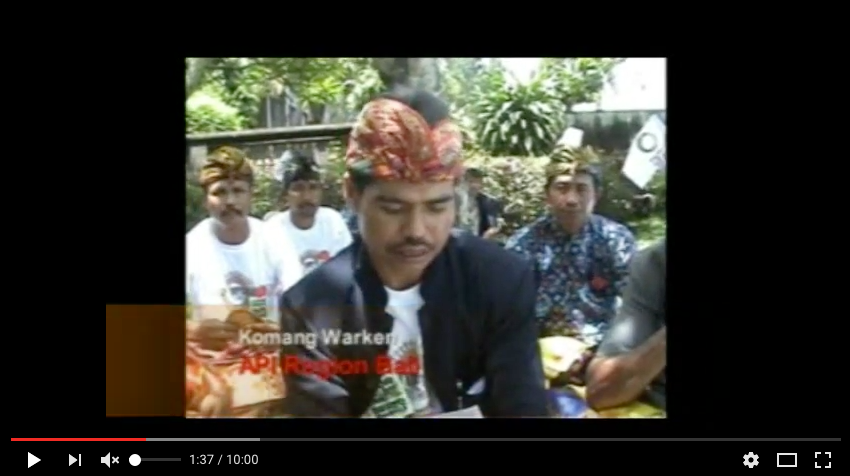Financing sustainable forest management
Despite the adoption of many international agreements over the last decades, degradation of forests and deforestation has continued. Since this is largely due to the market's failure to account for forests' multifunctionality, this issue argues that a new, holistic approach is necessary to ensure sustainable forest management (SFM) is adequately supported and financed. Against this background, 35 articles explore the role of:






